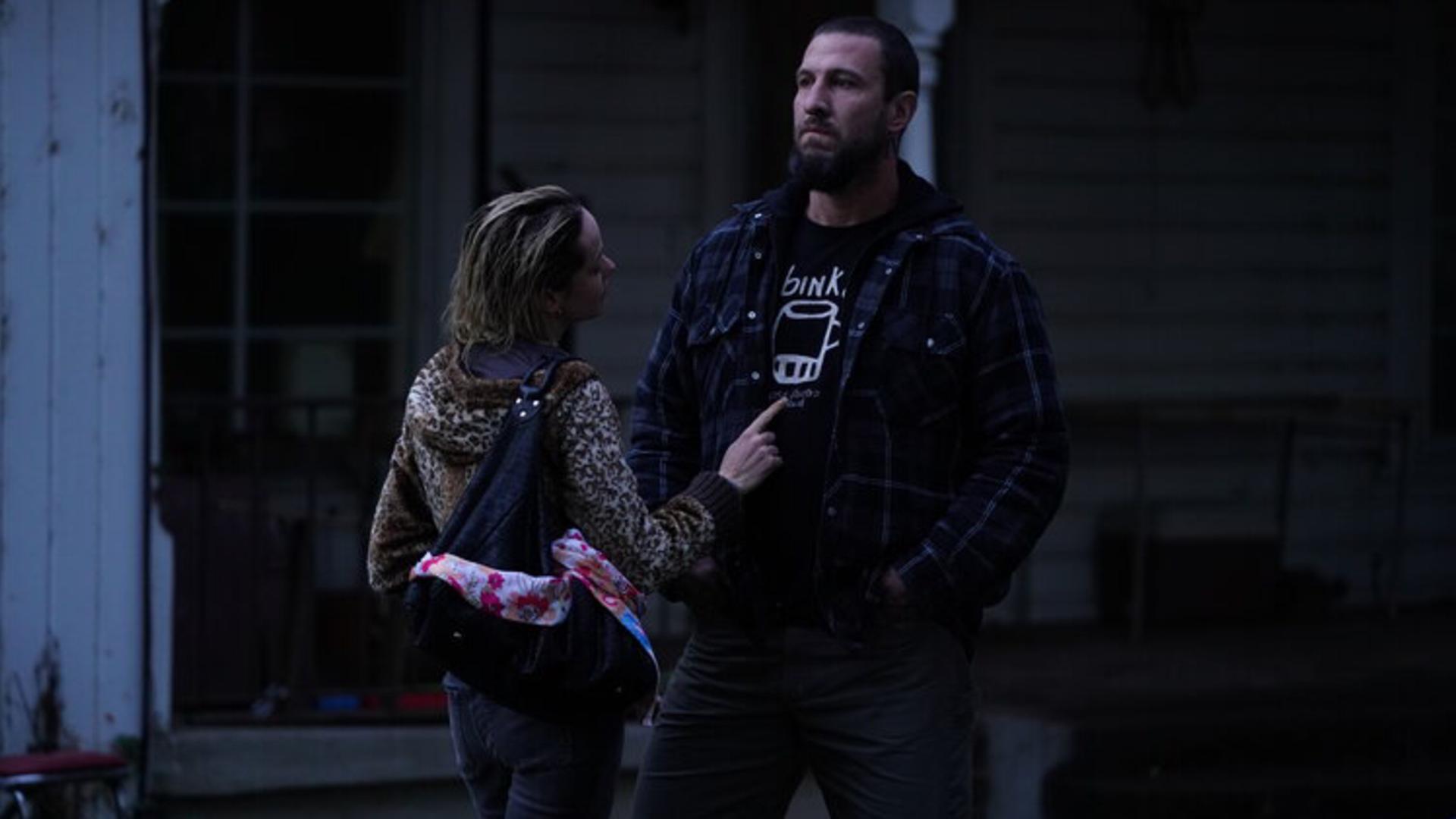Film Review: Lorelei (2021)

As I sat down to watch Sabrina Doyle’s Lorelei, I must admit I wasn’t expecting to be impressed. This presumption had nothing to do with the director or the actors (who all excel), but instead with my continued disappointment with the way the movie industry depicts poverty. I cannot tell you how many times I have physically or facially recoiled from the stereotyped portrayals of lazy, uneducated, morally bankrupt, addicted, or otherwise “othered” poor people that have dominated big and small screens for generations. It’s gross, it’s exploitative, and it needs to stop. These extreme negatives aren’t helping anyone, and certainly don’t represent the vast majority of Americans who are struggling to live fulfilling lives despite being underpaid and overworked (which, by the way, is most of us).
Thankfully, Lorelei changes gears just enough to offer a story that not only realistically tackles issues faced by far too many working families, but does so in a way that is both artful and thoughtful. By visually and thematically breaking free of predictable confines, Loreleimanages to skirt many of the expected pitfalls one might find in a film of this kind. Instead of witless cliché, we’re given a surprising amount of surrealism and metaphor, all wrapped up in a story that seems both deceptively familiar and wholly unique. Loreleimight misstep here and there, but its overall appeal is as mystifying as the folklore behind its name.
The film opens as Wayland (Pablo Schreiber) is being released from prison after a fifteen-year stint. At first glance, he appears to pick up right where he left off, but there’s more to Wayland than meets the eye. As he parties with his old biker buddies, he no longer seems to fit in, nor does it appear that he wants to. He’s going through the motions but his heart is no longer in the outlaw lifestyle. After unexpectedly rekindling with his old high school girlfriend Dolores (Jena Malone), Wayland finds himself swept up in a whirlwind of responsibility that he wasn’t expecting and isn’t sure he wants. It’s at this point that Lorelei diverges from expectation and begins to make its own way – largely on the strength of its actors and its heartfelt, contemplative presentation.
Filled with clever dreamlike cinematography and small-scale mythological references (the folkloric origins of its namesake is that of a scorned maiden who drowned herself, only to become a siren who lured sailors to their deaths), Lorelei proposes some puzzling yet fulfilling conundrums. For instance, its ending, while delightfully ambiguous if taken at face value, could also be read as tragic when one considers the lore behind the film’s title. It’s in these small and considerate moments that one realizes Lorelei is not just about poverty, but about the dashed expectations of all involved.

